Tag: camping
Camp Like You Mean It: Why Camping Is a Prepper’s Best Tool | Episode 399
Camping isn’t just a hobby—it’s one of the most useful tools in a prepper’s toolkit. In Episode 399, we’re digging into why camping is more than just roasting marshmallows under the stars. It’s a powerful training ground for survival, self-reliance, and family bonding.
"Camp Like You Mean It: Why Camping Is a Prepper's Best Tool | Episode 399"
Camping For Family Fun And Survival Practice | episode 230
Camping For Family Fun And Survival Practice This week I’m talking all about Camping For Family Fun And Survival Practice. Recently my family and I went camping. And […]
Survival Kits: What You Need to Survive in the Wilderness
Survival Kits: What You Need to Survive in the Wilderness You need a personalized, high-quality, and compact kit to help you survive while you are out in the woods. These […]
Why Should You Get The MicroSoft Towel For Your Pack
Camping Towels Most camping towels suck. The Fox Outfitters MicroSoft Towel (Amazon Link) does not. Campers and especially ultralight campers are picky. We want all of the functionality of a home item […]
Camping Basics Part 2 Episode 96
Camping Basics Part 2 This week James continues our camping basics series. The main topics covered are Food, water and energy. I talk about the different kinds of food to […]

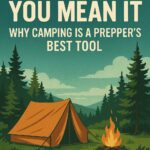
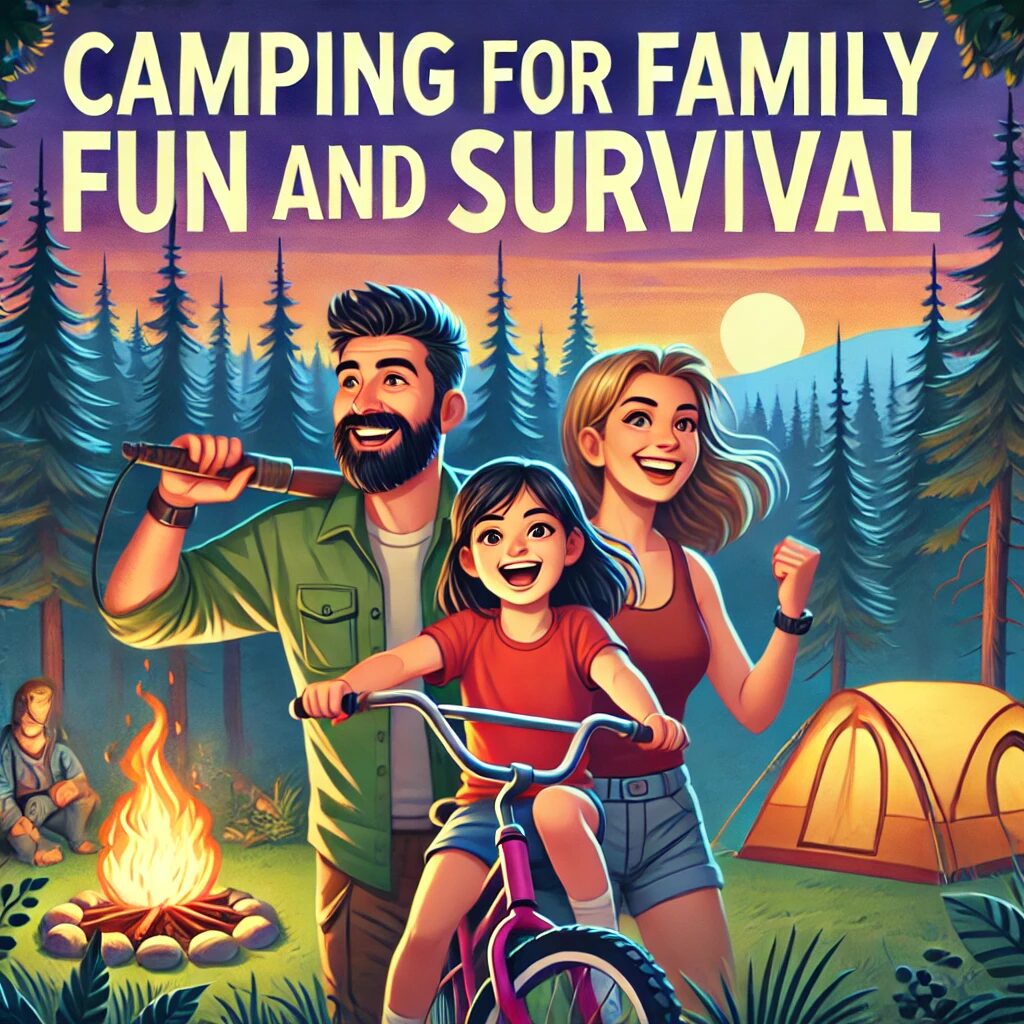
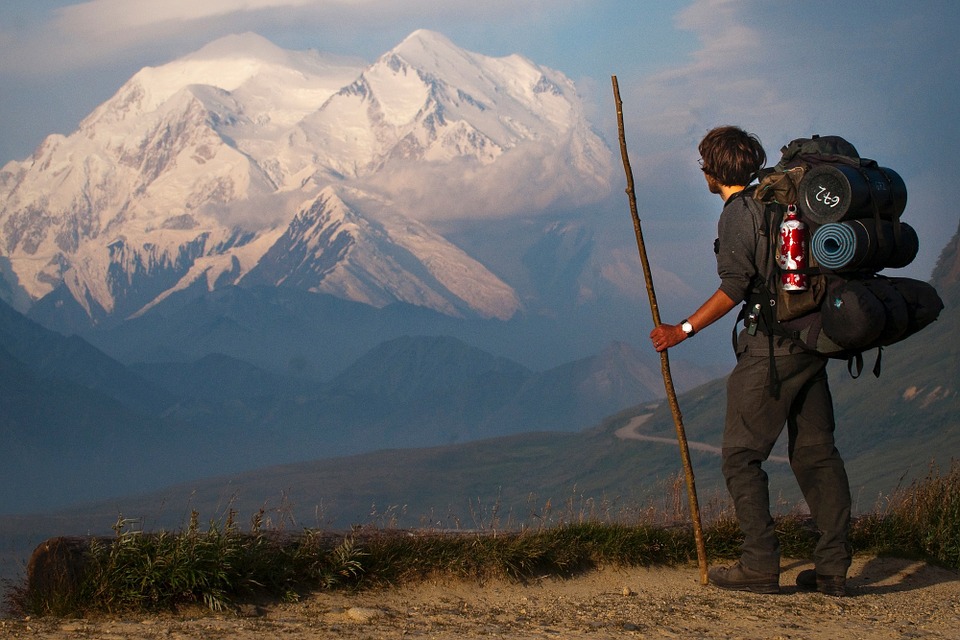
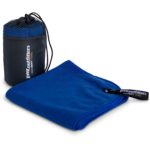

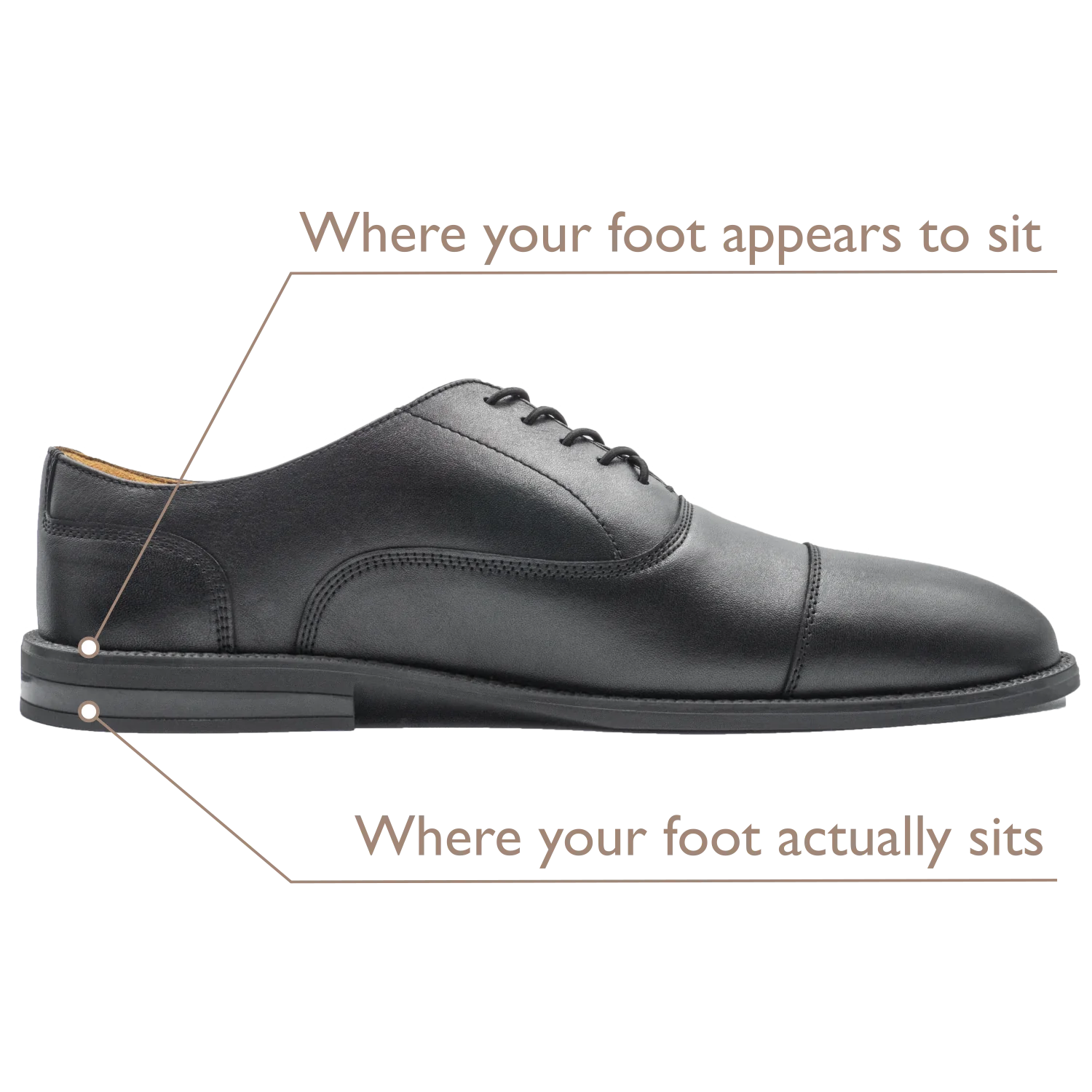


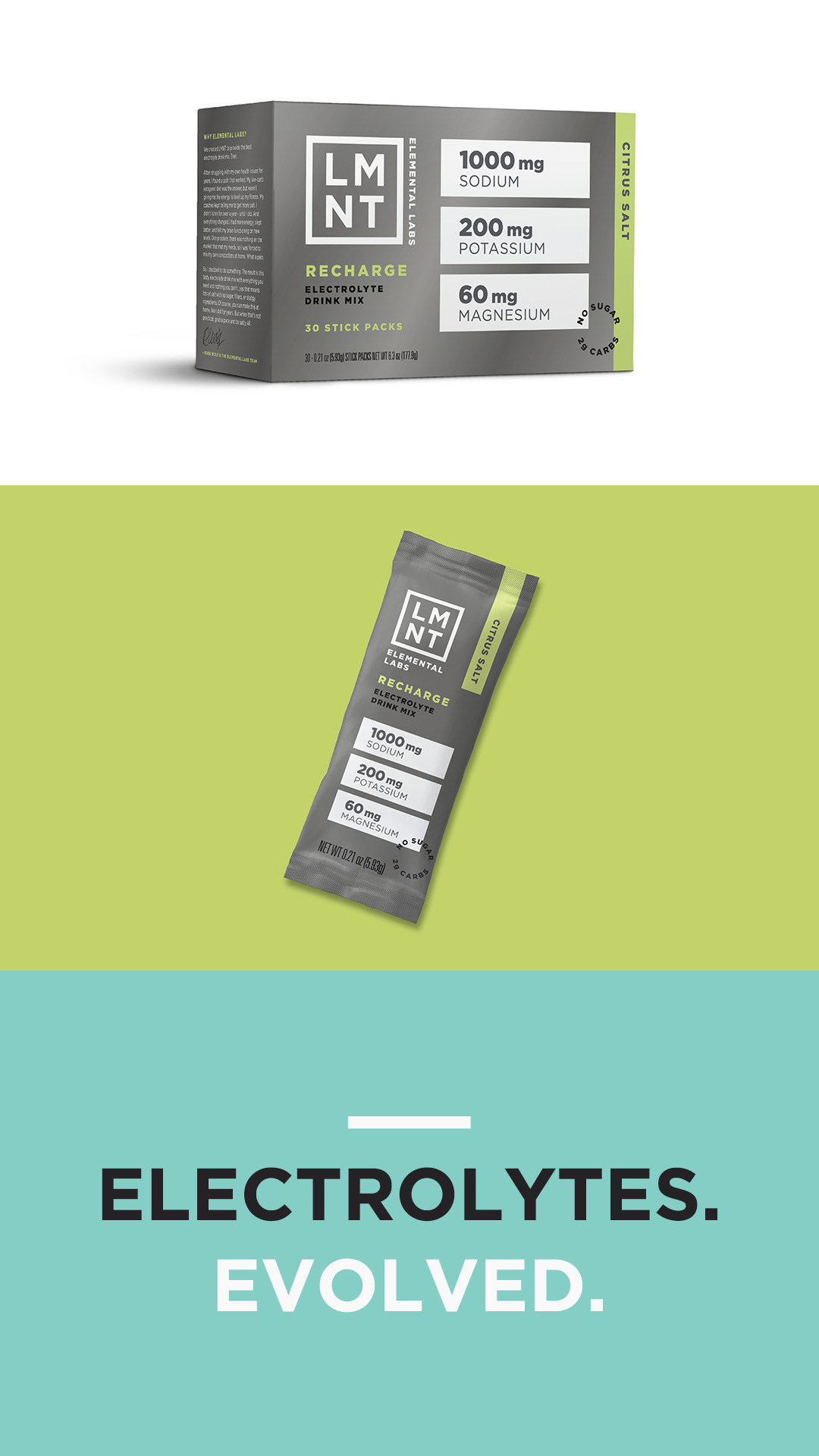
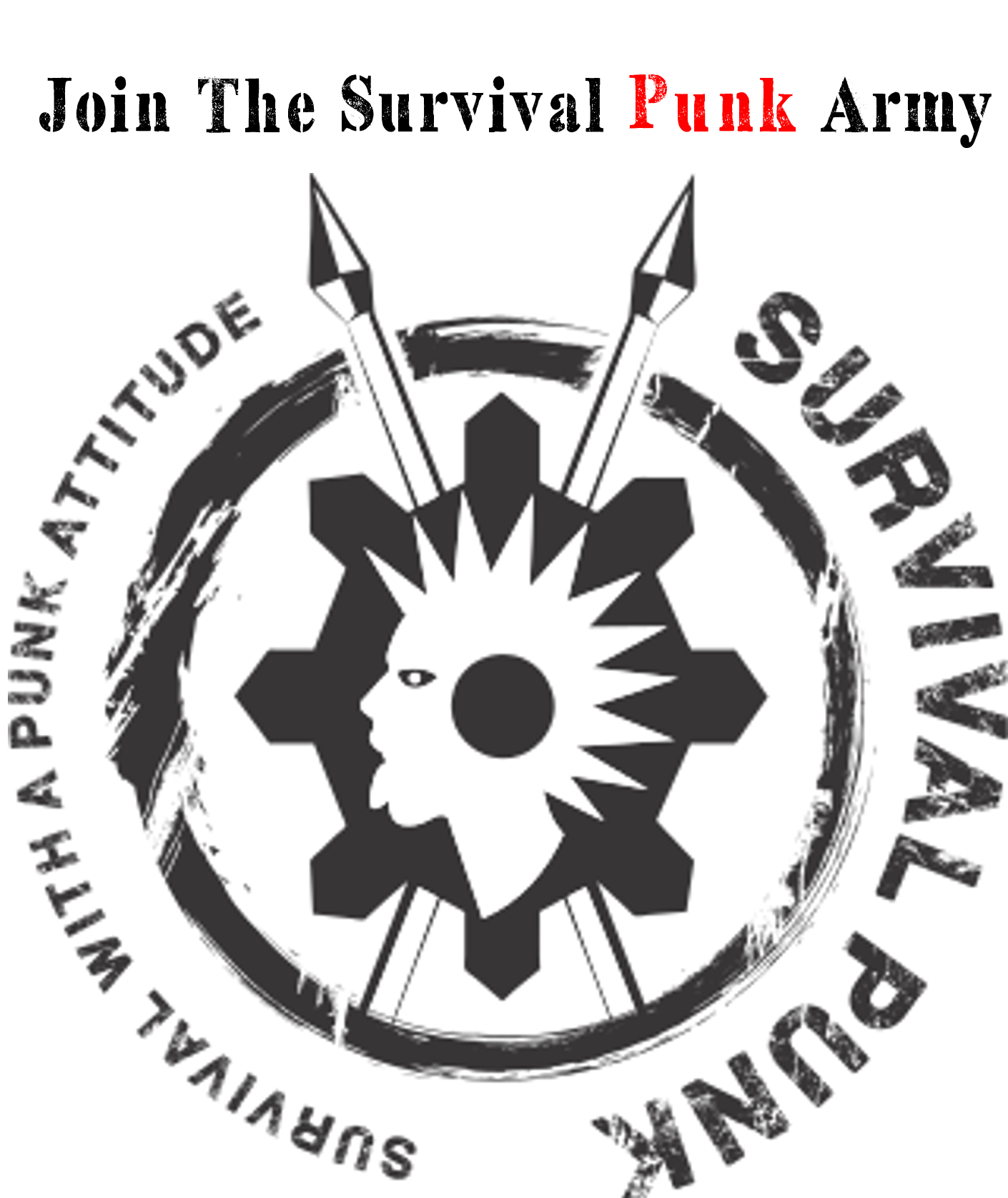

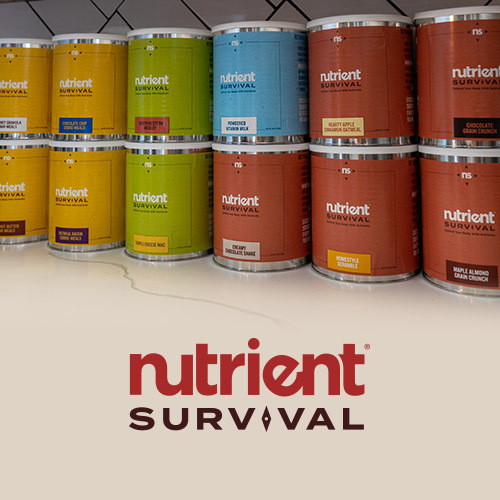
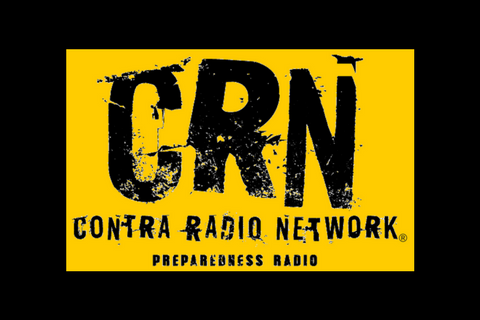
Follow Us!